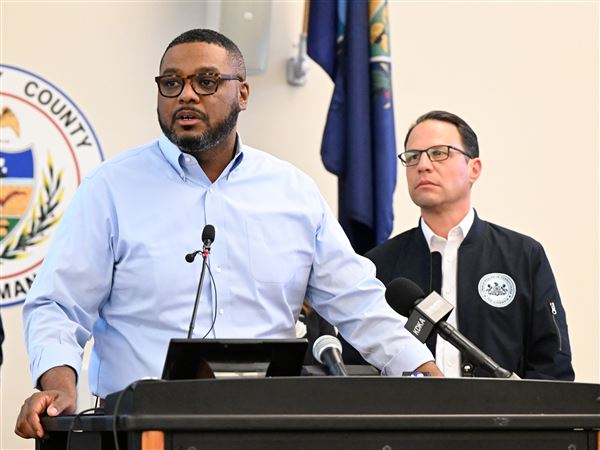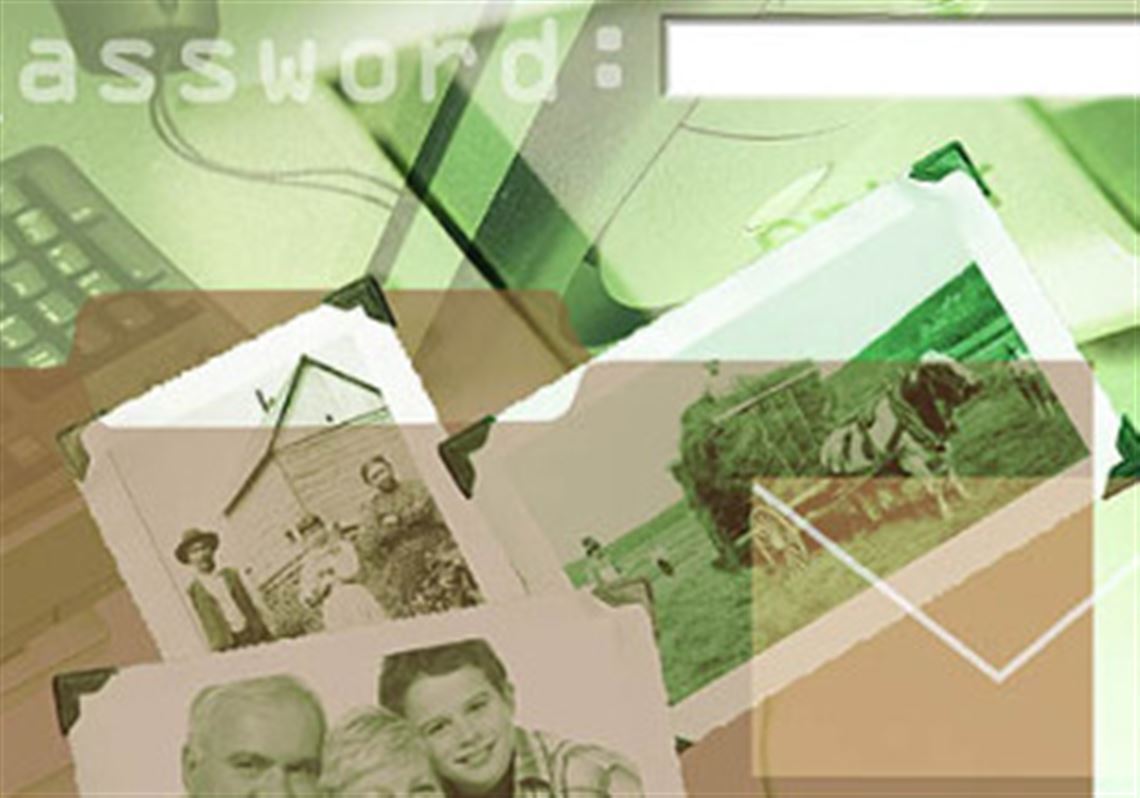After an American soldier died in Iraq five years ago, his father wanted to save copies of his son's e-mails sent through a Yahoo! account. But the Internet company's privacy policy allowed access by only the soldier, triggering a legal fight.
The case highlights a growing discussion concerning what happens when the owner of password-protected online accounts dies. To whom do they belong? And how can digital assets be passed on to heirs?
"If you use a computer, you need to have an estate plan that deals with digital assets and paperless transactions," said Lawrence H. Heller, an estate lawyer at Bryan Cave in Santa Monica, Calif. "People need to think about how to give their heirs access to information that may be stored online, but without the risk of unauthorized access."
With the rising use of computers, many important documents and personal treasures once kept in dusty old file cabinets and safe deposit boxes are now stored electronically. Even items such as photographs, videos, music, letters and book manuscripts that may or may not have monetary value -- but could be priceless to loved ones -- often are saved exclusively on computer drives.
While legal disputes involving digital assets are relatively rare at this point, as the computer-literate popula tion continues to age and eventually die, lawsuits are likely to become more common. "What we are trying to do is anticipate and avoid the problem," Mr. Heller said.
Until now, estate planning has primarily focused on tangible assets, including property such as real estate, cars and jewelry; and intangible assets, such as stocks and bonds.
In some exceptional cases, artists and musicians are faced with issues involving copyright, trademark or patent law. But now anyone who owns a computer could end up dealing with those issues too.
"If I have created something in the digital universe, it's not free game. I may have a hard time protecting it, but I own it," said Steve Seel, an estate and trust lawyer at Thorp Reed & Armstrong, Downtown.
Sometimes heirs don't even know these things exist. As more companies move away from paper, valuable assets such as online bank accounts, investment accounts, insurance polices, time shares and frequent flier miles may become trickier to locate and access if someone dies without telling heirs of their existence.
According to a recent study by HSBC Direct, 49 percent of the online population conducts most, if not all, of its banking via the Internet. That figure represents a 23 percent increase since 2007. Meanwhile Internet blogs, as well as MySpace, e-mail and Facebook accounts, could be owned by an even greater percentage of the population.
Executors of estates often get special privileges giving them access to most assets. But privacy laws may prevent Internet companies from releasing username and password information to executors.
If a digital asset is stored on someone else's server, ownership becomes especially complicated. Yahoo! mail, for example, has a provision in its user agreement that gives the account owner no right to transfer the ownership. All rights are terminated with the owner's death and all content can be deleted.
The rules were tested in the high-profile case involving the father of Lance Cpl. Justin Ellsworth, a combat engineer with the Marine Corps who died in Iraq in November 2004. The two men were in constant e-mail contact during the deployment, and when the son died, the father wanted have the e-mails from his son's Yahoo! account for sentimental reasons.
But the son changed his password a few weeks before his death and had not shared it with his dad, who lives in Detroit. It took a five-month legal case to work out an arrangement to release copies of the e-mails.
"A lot of these assets don't have a lot of value in terms of dollars, but there's a lot of intrinsic value for families as far as online photos and access to Facebook accounts and other information as more and more information is being stored online," said Mr. Heller.
The social networking Web site Facebook recently announced it would "memorialize" profiles of the dead if friends and family request it but that the accounts would be different from regular profiles. All contact information will be removed. No one will be allowed to log onto a memorialized account, and only the deceased person's confirmed friends will be able to find it in a search.
In a growing number of cases, checking a deceased person's computer or other digital devices such as cell phones and personal digital assistants is becoming a crucial step in executing an estate.
"Digital assets in general shouldn't be viewed much differently than any other asset," said David Levitt, an attorney at the Chicago law firm of Hinshaw and Culbertson LLP and chair of the intellectual properties committee of the Defense Research Institute, an international organization of attorneys defending the interests of business and individuals in civil litigation.
"Many assets these days are intangible," he said. "That doesn't make them any less of an asset, and therefore [they] should be treated as any other asset. It's the same with digital assets."
First Published: November 13, 2009, 10:00 a.m.

















